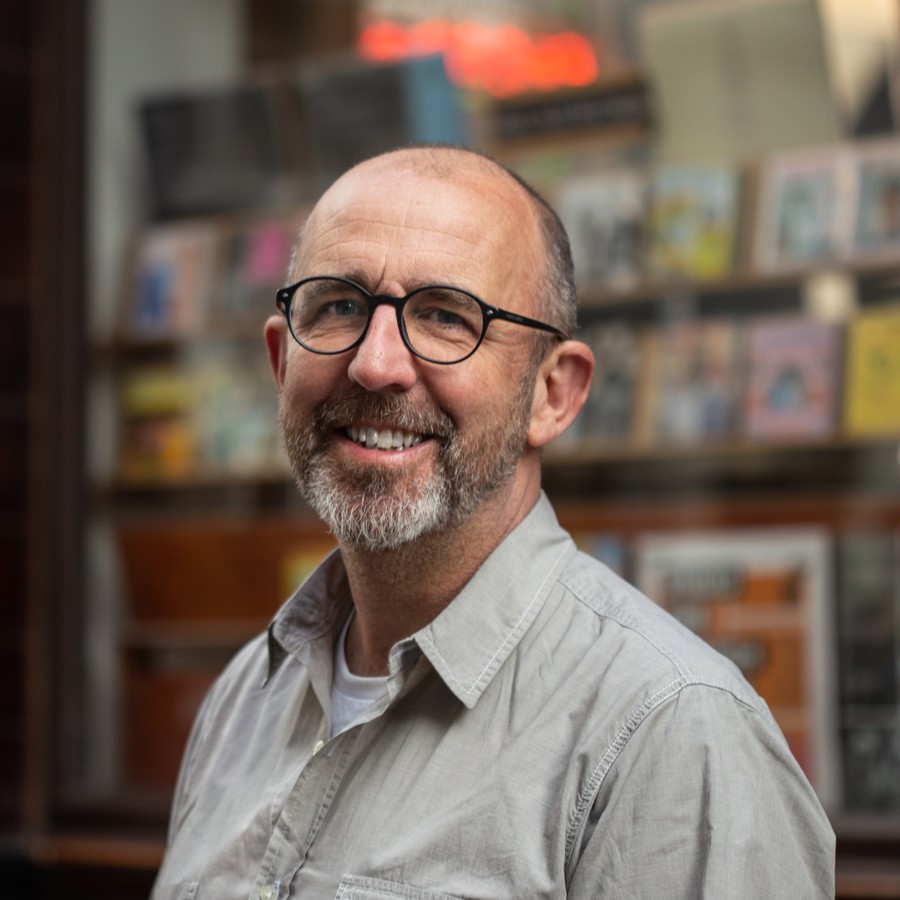Each year we eagerly await the publication of regular flagship research that helps define our business priorities for the year(s) to come.
Giants of the genre include PwC’s Annual CEO Survey (remarkably now in its 25th year), the Global Risks Report published by the World Economic Forum with support from Marsh McLennan and the Edelman Trust Barometer.
But there are countless smaller-scale reports regularly exploring issues impacting individual sectors, services and regions, such as Annual Law Firm’s Survey, Act now: From recovery to growth and Middle East Tax Leaders Survey (to cite a few examples from PwC alone).
So why do these firms invest year after year in repeatable, on-going thought leadership programmes? There are three main benefits:
1. Own the space
Most business leaders are familiar with PwC’s Annual CEO Survey which has aimed to identify the key global trends that impact business leaders’ decision-making since its launch during the dot-com bubble in 1998, through the collapse of the global financial system in 2008, to 2021 as we dealt with the pandemic and now the 2022 edition explores the growing trend towards more purposeful business practices, including such issues as climate change and inequality.
It’s a go-to resource for anyone wanting to keep on top of the boardroom agenda and readers make a direct connection between these invaluable, market-leading strategic insights and the PwC brand proposition.
Well-planned on-going programmes have a core question set which is tracked year-on-year and builds into a record of attitudes, behaviours and results over time (also lending credibility to future predictions, of course), allowing you to really carve out a niche for yourself and own the space. It’s original, authoritative and insightful content that differentiates your brand and helps your clients, leading to mutually beneficial commercial opportunities.
2. Keep fresh and relevant
A sub-set of questions focused on related hot topics each year, ensures relevance and timeliness. This is more essential than ever as clients try to navigate rapidly changing conditions in the wake of the pandemic and geo-political tensions.
Global law firm Herbert Smith Freehills wanted to explore the future of work, but needed to find a distinctive angle to cut through all the noise and widespread speculation about the transformation of the workplace. The launch report in 2019 explored the risks and rewards of employee engagement in the context of an unprecedented rise in workplace activism and asked how employers should respond.
The second edition of Future of Work in 2021 maintained the focus on employee engagement, but adapted to the new context of hybrid working, digital surveillance and corporate advocacy and the impact on post-pandemic talent strategies and the bonds of employee trust.
3. Build effectiveness and momentum
Lessons are learned in repeat programmes: you can build on what works and correct or drop what doesn’t, develop replicable processes, manage expectations, build relationships and retain knowledge. You only need to sell the idea to stakeholders once and the longer time frame allows you to build a real picture of ROI (new business wins, rather than short-term clicks). Enthusiasm and understanding grows year on year.
One of the key challenges with thought leadership is always ensuring internal stakeholder buy-in as early as possible in the development process, but it’s often slow-going until that eureka moment when they see the flagship assets and start engaging with clients. With annual programmes that problem stops from year two onwards – colleagues are ready to contribute and support.
Everyone can be aligned around an established annual production and campaign activation calendar. This means you can confidently time a launch to coincide with your clients’ planning cycles, economic milestones such as the budget or major industry conferences, such as Davos, COP26 or MIPIM.
You no longer need to fight competitors for share of voice or find the white space, with repeatable thought leadership programmes you can own the space. In PwC’s case, they are now in the enviable position of having CEOs proactively asking to contribute to the programme…


